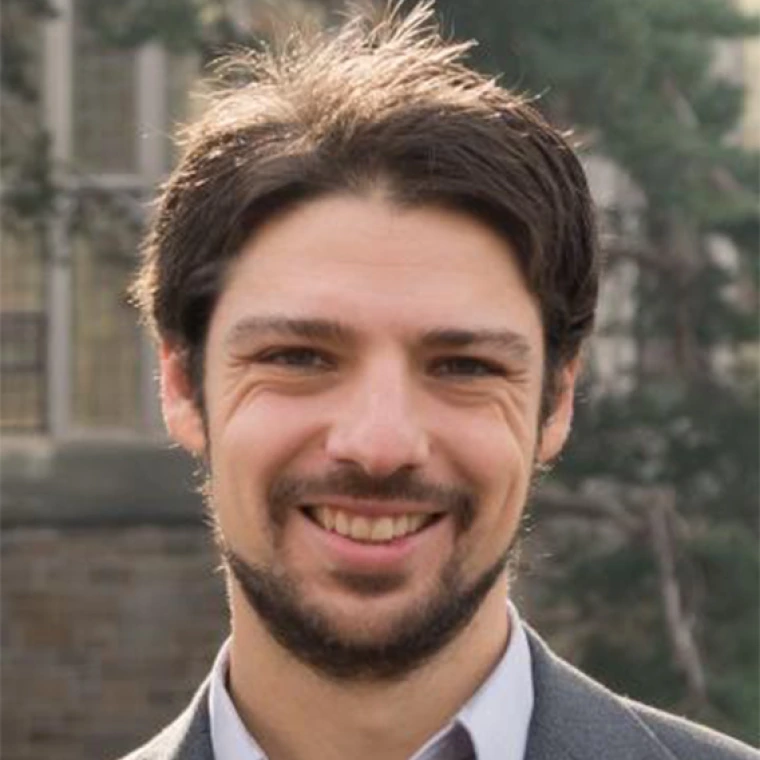Hossam Abouzahr

Washington Metropolitan Area, Virginia
What job or path of study did you pursue after graduating from the CASA program?
After graduating from CASA, I worked in the Washington, DC area on projects in human rights development related to the Arab world, and later at Atlantic Council where I managed the Middle East department's English and Arabic blogs. I also started working on my side project, The Living Arabic Project, to develop dictionaries for al-Fusha and dialects.
Has your CASA experience helped you in any specific or surprising ways throughout your career?
Since graduating from CASA, all of my work has involved Arabic, including translation, verbal communication, and reviewing original source material in Arabic. Through The Living Arabic Project, and more recently raising my son, I have also become involved in Arabic education. Besides the obvious and known dictionaries, I have also done things like make my own translations of Dr. Seuss and done story-time in Arabic with kids.
Do you have any recent academic or professional successes that you would like to share with fellow CASA alumni?
This might sound ironic, but after the last contract I was on ended early due to the pandemic, I have been able to get enough part-time gigs through my Arabic and analytical skills to get by. For my work on The Living Arabic Project, I have made significant progress in upgrading the data and websites in the past year. Hopefully, this year will also see some interesting new features, including possibly a new dictionary.
Do you have a favorite memory from CASA? What is your lasting impression of CASA?
My favorite memory from CASA is probably arriving early in the morning before class started and asking Heba Salem many questions. It was typically quiet, and it was a time when I could focus on puzzling Arabic questions with a great teacher (but all the teachers at CASA were great). I remember one particular time where I told her “اسف على الازعاج” (sorry for bothering you), as someone who grew up in the Midwest, I have a bit of a habit of always apologizing. At that point, she laughed, and she told me “لا لا انت اعذب العذاب” (No, no you are the sweetest of tortures).
What advice would you give to current CASA Fellows?
CASA is a unique experience. You really have to push yourself, and it has to come from a love for what the Arabic language embodies in terms of culture and people. You also get to interact with a lot of great people, including the CASA students, the professors, and others you meet during your time there. If you love Arabic, there is really nothing like it.

